What happens if there is an engine failure?
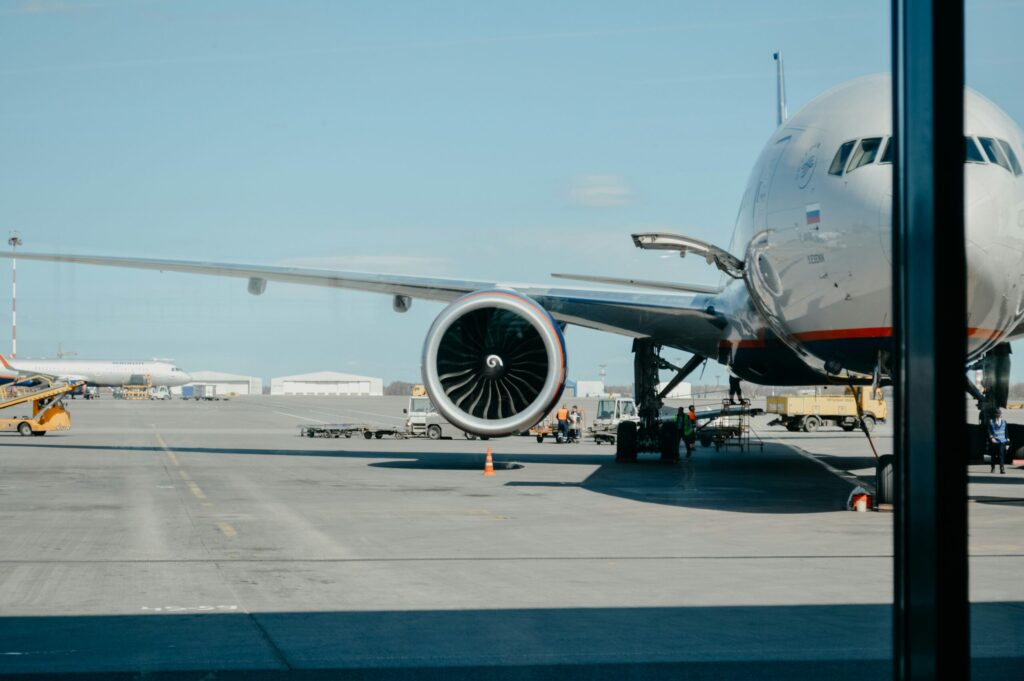
Engine failures are extremely rare, and modern planes are designed to fly safely on one engine. Pilots train rigorously for these scenarios, following precise procedures to stabilize the aircraft and ensure a safe landing, making flying secure even if an engine stops working.
What if the plane loses cabin pressure?
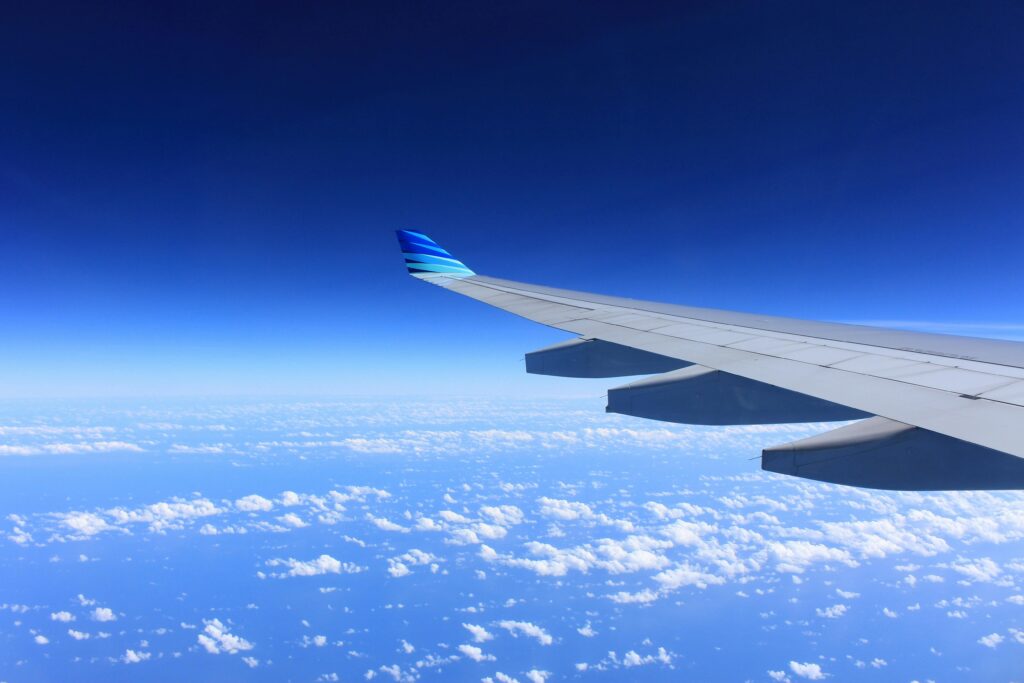
If a plane loses cabin pressure, oxygen masks deploy automatically to keep you safe while pilots perform a controlled descent to a lower altitude. Thanks to advanced systems and extensive pilot training, this rare event is managed calmly and effectively every time.
How do pilots handle plane emergencies?
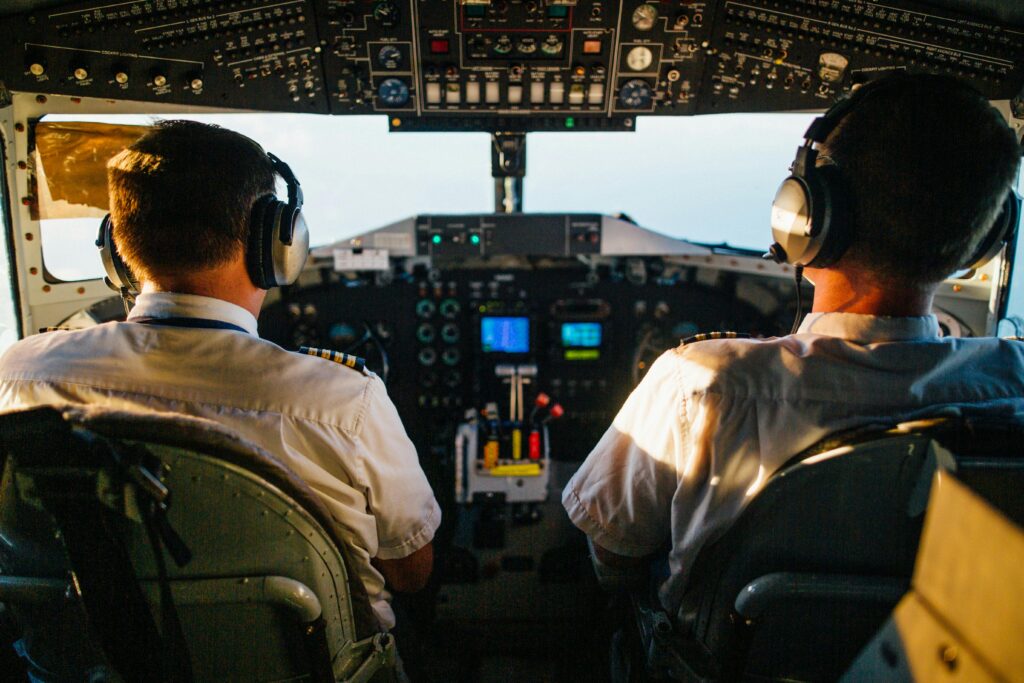
Pilots train relentlessly to handle even the most challenging in-flight emergencies with confidence and calm. From engine failures to cabin pressure drops, their extensive preparation, clear checklists, and strong communication keep you safe every step of the way.
Can turbulence flip a plane upside down?
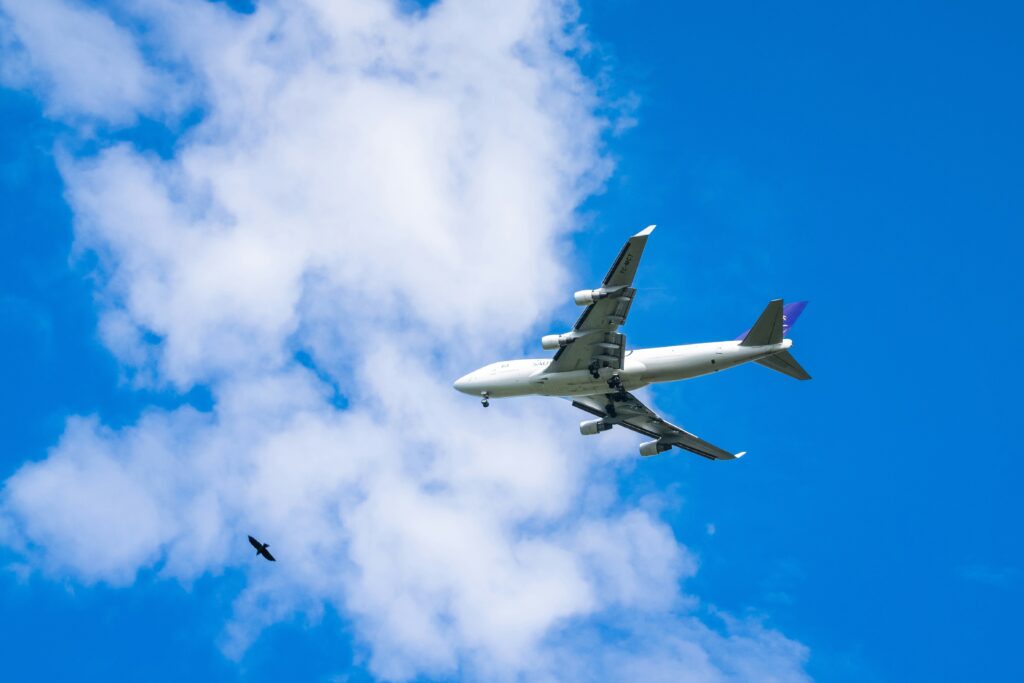
Turbulence may feel dramatic, but it’s perfectly normal and completely safe. Planes are designed to handle even strong turbulence, and pilots are trained to keep everything steady, ensuring a smooth and secure flight for everyone on board.
Distraction techniques for nervous flyers
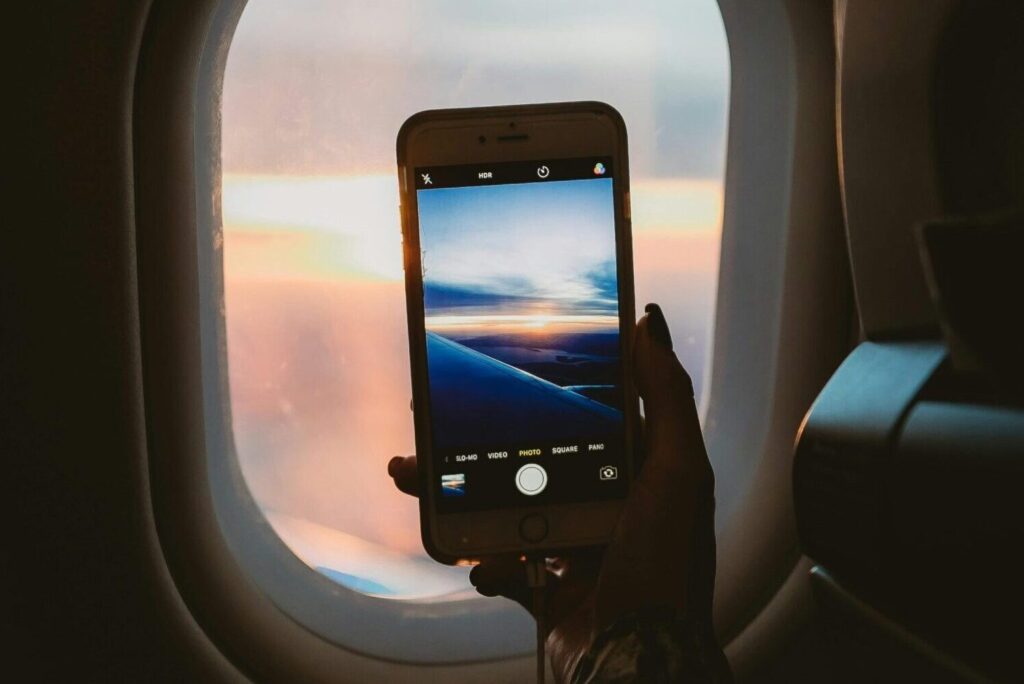
A flight can feel much shorter when your mind is engaged and distracted. From games and movies to journaling or listening to a favorite audiobook, these techniques help ease nervousness and make time fly by effortlessly.
How to stay calm during a flight
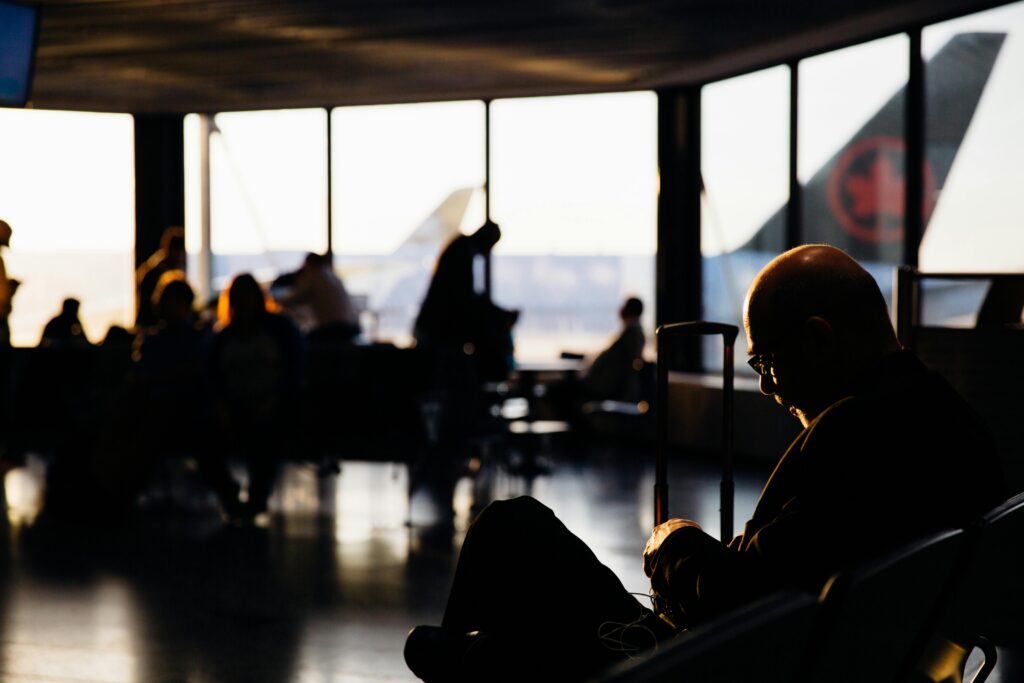
Flying can feel overwhelming, but you’re far from powerless. From choosing the right seat to employing relaxation techniques, you can ease your anxiety and make your flight a calm, comfortable, and even empowering experience.
Fear of flying techniques that don’t work
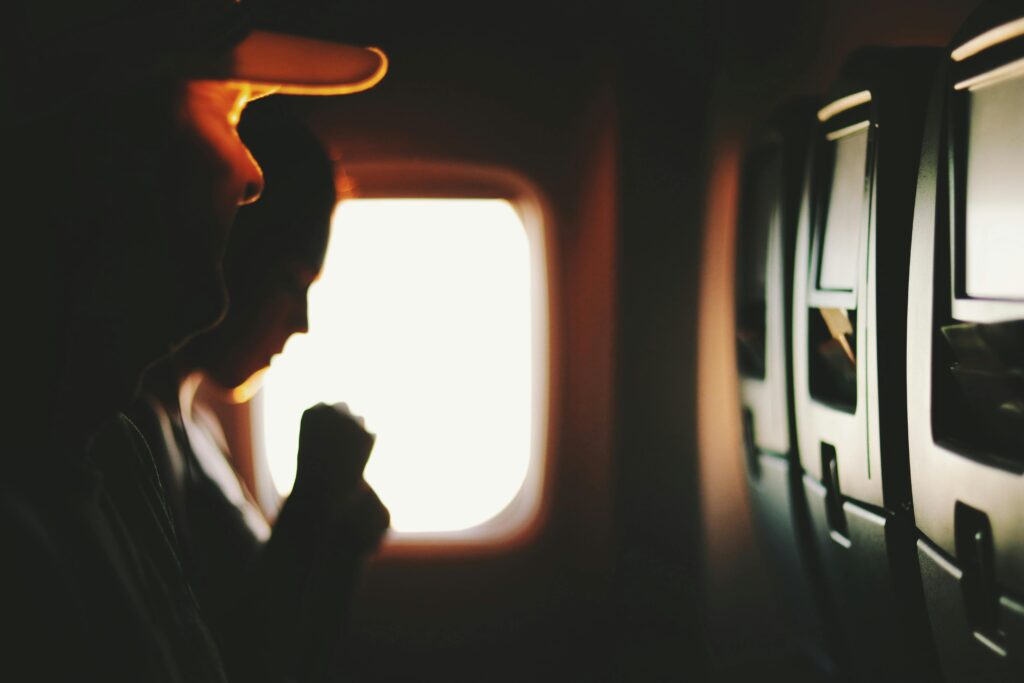
Some fear-of-flying techniques can backfire, fueling anxiety instead of easing it. From pure statistics to shallow breathing, learn why these methods fall short and discover strategies that help you feel calm, supported, and in control.
Surprising ways flying affects your body
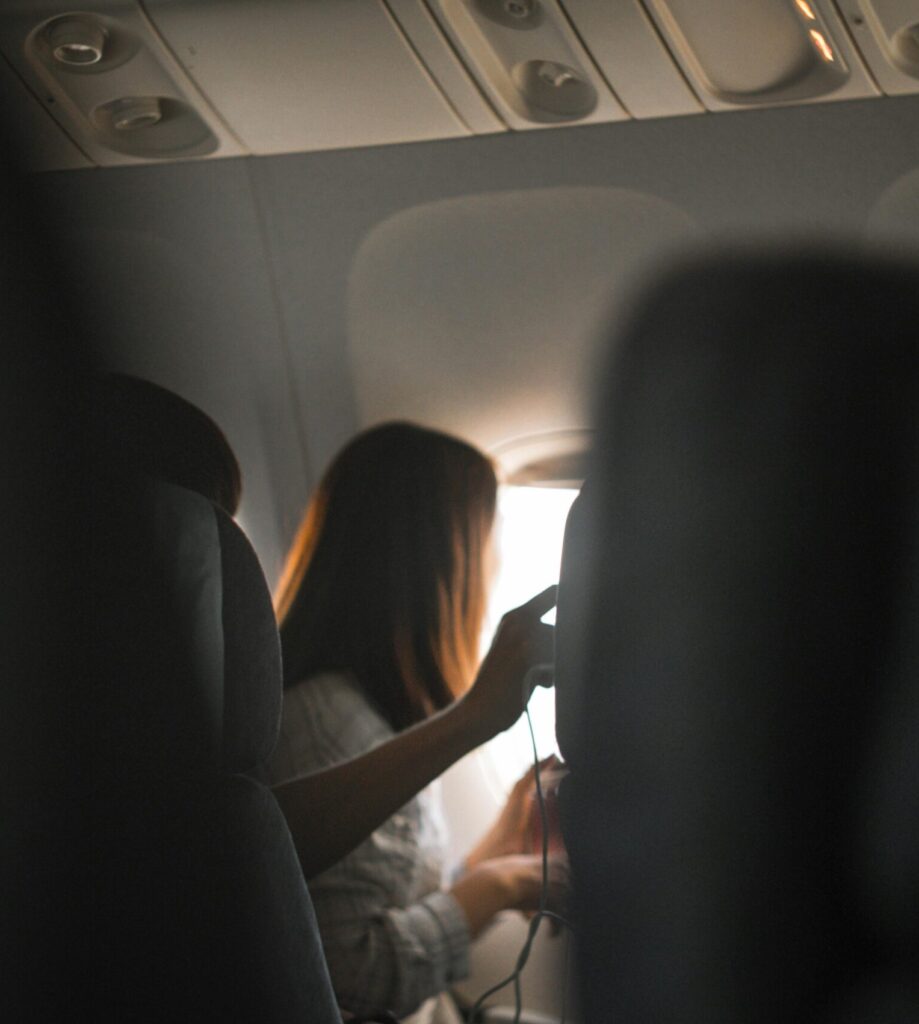
Flying isn’t just a change of scene , it’s a unique experience for your body, too. From disrupted taste and swelling to dehydration and balance issues, discover the science behind these surprising effects and how you can ease them.
Must-know as a first-time flyer
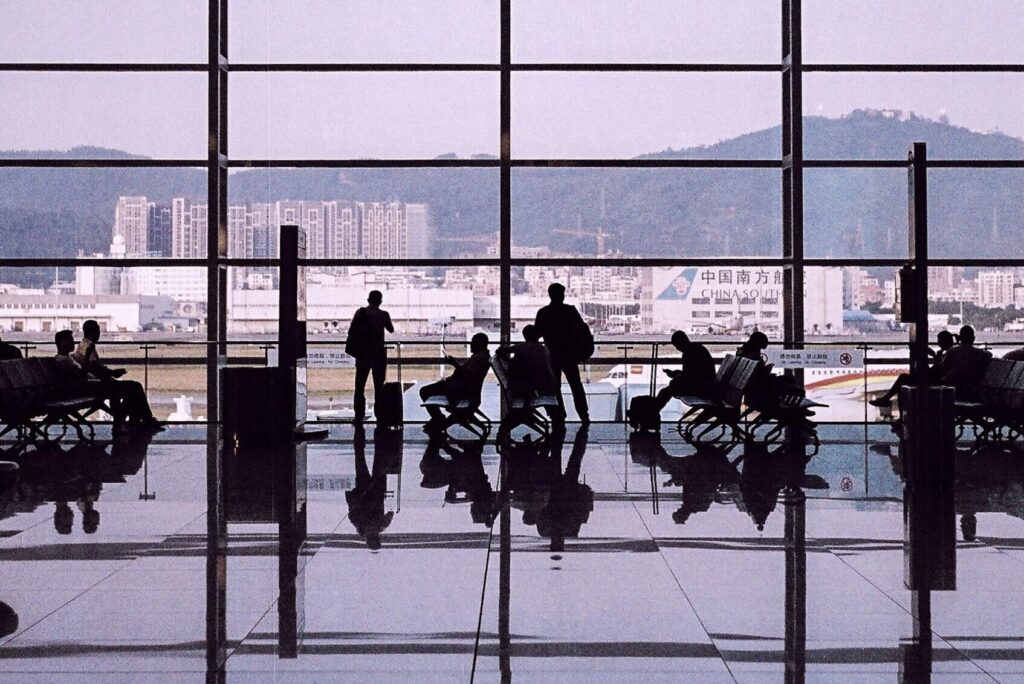
Flying for the first time can feel overwhelming, but it’s a lot less intimidating when you know what to expect. From booking your seat to navigating the airport, this guide helps ease your nerves and prepares you for a smooth, comfortable journey.
The best low-cost airline for nervous flyers
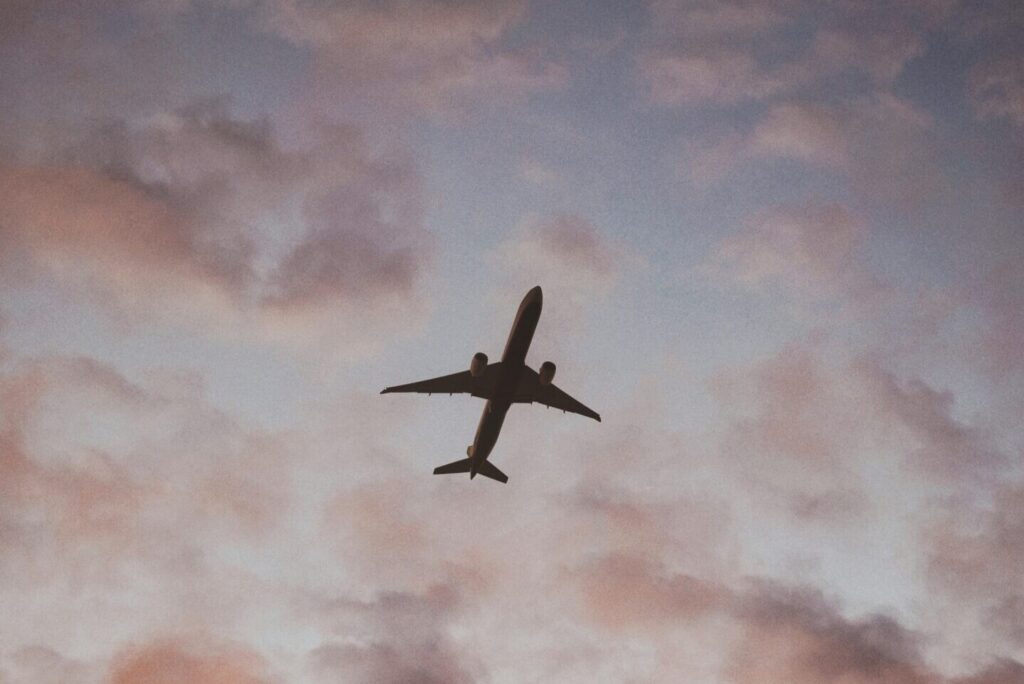
If you’re a nervous flyer, you know that feeling safe isn’t just about statistics, it’s about the experience. This guide compares Europe’s top low-cost airlines to help you choose the one that will make you feel most at ease in the air.

